College of Human Sciences
Racialised global politics and Afrikaner voices
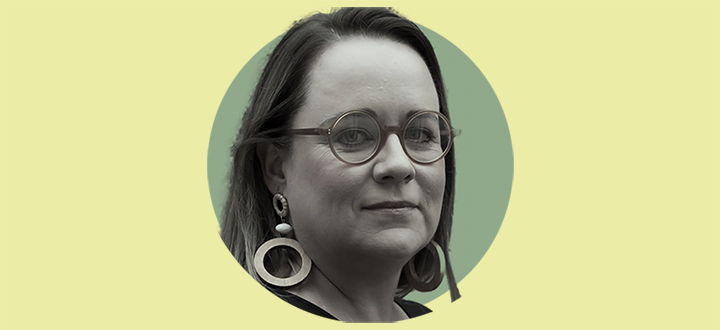
At a webinar hosted by the Wits Centre for Diversity Studies (WiCDS) and the Innovation Foundation for Democracy, Prof Hannelie Marx-Knoetze from Unisa’s Department of Communication Science, under the College of Human Sciences, engaged in a thought-provoking online panel discussion hosted as part of a critical series of academic engagements by The Wits Centre for Diversity Studies and the Innovation Foundation for Democracy. The panel discussion, titled Who Speaks for the Afrikaner?, brought together scholars comprising Prof Sean Jacobs (The New School), Dr Azille Coetzee (Stellenbosch University), Dr Siphiwe Dube (Wits) and Dr Nicky Falkof (Wits). The discussion centred on exploring the complex and layered realities of Afrikaner identity in the current global context.
Watch a recording of the webinar
Background gleaned from the invitation
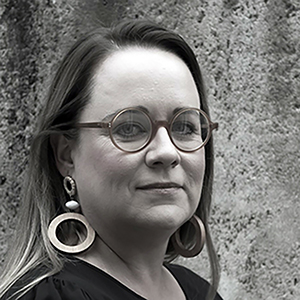
Prof Hannelie Marx-Knoetze
Explaining the context of the webinar, Marx-Knoetze said that 30 years since the dawn of multiracial democracy in South Africa, "one may assume that the concerns of Afrikaners, a numerical minority, would no longer hold weight in the national discourse. However, the current geopolitical shifts reveal that Afrikaners' fear and rage, or fear and rage expressed in the name of Afrikaners, remain a powerful force, situated at the interface of South African and other conservativisms."
South Africa as a symbolic battleground for global racial politics
Continuing, Marx-Knoetze stated that the dialogue was timely, given the heightened visibility of Afrikaner concerns in both national and international arenas. She added: "Organisations such as AfriForum and Solidariteit, for example, promote narratives of white victimisation and race-based persecution, using such claims to mobilise international support and intervention." These representations, she said, are often picked up by far-right movements abroad, positioning South Africa as a symbolic battleground for global racial politics. However, Marx-Knoetze noted: "These narratives tend to obscure the diversity of Afrikaner experiences and identities, which include progressive, racially inclusive and pluralist voices – voices that are often marginalised or rendered invisible in the mainstream portrayal of the Afrikaner."
Identity and the politics of language
Falkof opened the conversation by addressing what she called "the elephant in the room", which she likened to the persistence of whiteness, white power and white supremacy in South Africa’s sociopolitical structures. She argued that the end of apartheid did not negate the continued dominance of white identity in public and institutional life, nor did it mean whiteness is irrelevant.
In addition, Falkof emphasised that there is a dire need for South African scholars to discuss Afrikaner and Afrikanerdom to understand what this identity means and its consequences for society, especially since they have recently exploded into the global consciousness.
Marx-Knoetze brought a compelling perspective to the conversation, observing that the Afrikaner experience is far from monolithic. She suggested that defining "Afrikaner" is like trying to catch water because it is elusive and complex, therefore, she reflected: "It does not offer a definitive description but rather, highlighted the contested nature of the concept."
Both Marx-Knoetze and Coetzee asserted that Afrikaans is often employed as a marker of cultural cohesion. Yet, they both stressed that the language does not belong exclusively to Afrikaners. Marx-Knoetze also spoke about contemporary Afrikaner identity's fragmentation and disjointed nature.
Historical Roots and Constructed Identity, Injustice
Coetzee further argued that from its inception, the concept of the Afrikaner has always been a constructed identity - a product of people from diverse backgrounds, ancestral lineages and linguistic traditions. "These individuals came from different parts of the country and various settler communities. Over time, as Afrikaner nationalism began to solidify, these disparate groups were brought together sometimes through violent means, but also through more subtle and institutional forms of integration," she emphasised. Adding to the notion, Coetzee, stated that the Afrikaner identity was, and continues to be, an ideological construct.
Commodification of culture
Coetzee further linked this process to the commodification of culture, stating: "Whereas Afrikaner identity was historically mobilised for nationalist purposes, today it is often leveraged for economic gain. In contemporary South Africa, the idea of being Afrikaner has become entangled with privatisation and capitalism, where culture is packaged, sold and monetised. Land, money and status are tied to this constructed identity, thus a material investment in its preservation," she explained.
Both Coetzee and Jacobs condemned the media as a significant role player in shaping and sustaining Afrikaans culture and identity. They suggested that the media does not simply reflect Afrikaner identity, but rather, it actively participates in its construction and evolution.
Fear, guilt and shame within the Afrikaner community
Coetzee reflected on the longstanding presence of fear in Afrikaner history, describing it as a persistent and defining emotional thread. She expressed concern about the community’s inability to move beyond this fear, suggesting that it continues to shape Afrikaner identity's political and ethical dimensions.
Continuing, Coetzee outlined that younger generations often claim that apartheid had nothing to do with them, while the older generations argue that they were unaware of what was happening. Yet, she stated: "Beneath this lack of overt guilt, there is a deeper layer of cultural shame, a more enduring and complicated emotion rooted in South Africa’s racialised past," adding that shame seems to be more difficult to confront than guilt.
Historical hallmarks of white supremacy
Dube upheld Coetzee’s analysis, pointing out that Afrikaner fear is also tied to the historical reality of white supremacy and the violent dispossession of land. He suggested that Afrikaners feel threatened when formerly marginalised groups reclaim their voices and assert their identities. "When those who were dispossessed begin to assert their sense of self, it destabilises the mythology that upheld white Afrikaner identity, and in that moment, Afrikaners often retreat to a defensive posture," he asserted.
In her conclusion, Marx-Knoetze maintained this argument by highlighting how Afrikaner identity has always been framed as a threatened identity that is not fully white, not quite Western and never entirely European. "This perceived liminality has led to a persistent narrative of victimhood, which has become a cornerstone of Afrikaner identity often expressed by those who claim to speak on behalf of the group," she said.
* By Phumla Mhlanga, Department of Communication Science
Publish date: 2025-06-24 00:00:00.0



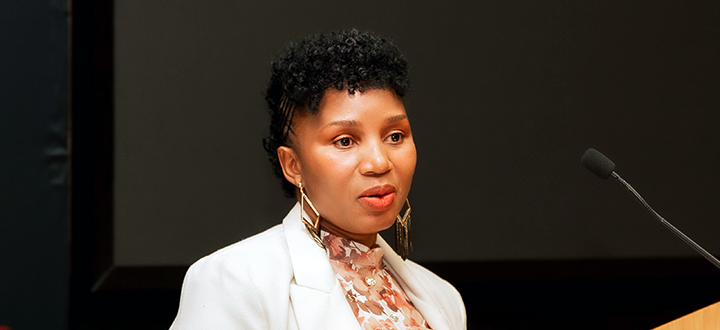 Wings of opportunity: Bringing drones into the classroom
Wings of opportunity: Bringing drones into the classroom
 Visionary youth champion to address Unisa’s Innovation Festival
Visionary youth champion to address Unisa’s Innovation Festival
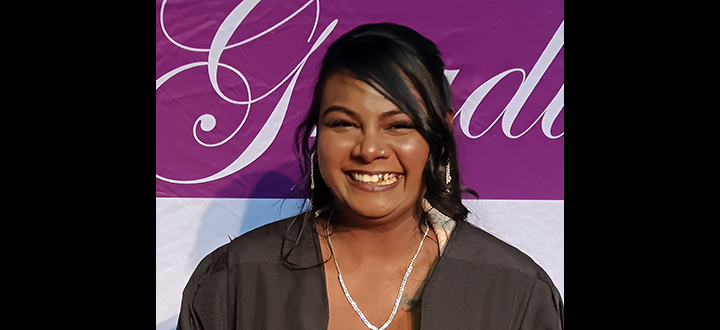 Finding the strength to persevere
Finding the strength to persevere
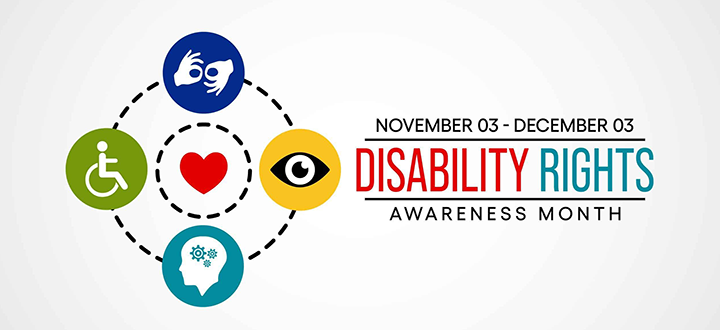 Disability awareness at Unisa: Disability is not inability
Disability awareness at Unisa: Disability is not inability
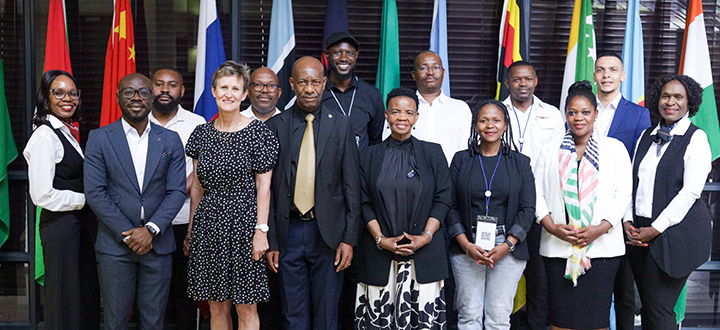 Unisa symposium shares knowledge on building SA's aviation economy
Unisa symposium shares knowledge on building SA's aviation economy